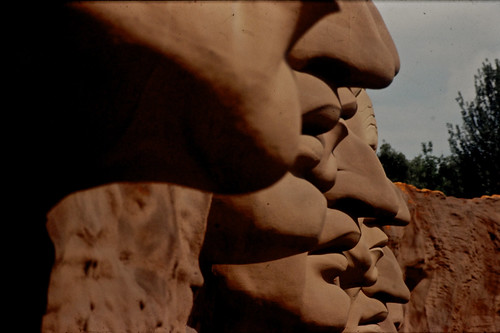Let's say someone in Britain decides to create a monument to the four greatest British PMs ever. Who would be on it?
Here are my frontrunners (although not the final choice):
Winston Churchill
William Gladstone
William Pitter the Younger
David Lloyd George
Clement Attlee
Benjamin Disraeli
To stop this thread dissolving into a flamewar, I'm going to ban anyone after 1979 from appearing on it. (eg Thatcher, Major, Blair, Brown and Cameron) They are too recent or too controversial IMO for a rational argument to be formed)
Here are my frontrunners (although not the final choice):
Winston Churchill
William Gladstone
William Pitter the Younger
David Lloyd George
Clement Attlee
Benjamin Disraeli
To stop this thread dissolving into a flamewar, I'm going to ban anyone after 1979 from appearing on it. (eg Thatcher, Major, Blair, Brown and Cameron) They are too recent or too controversial IMO for a rational argument to be formed)
